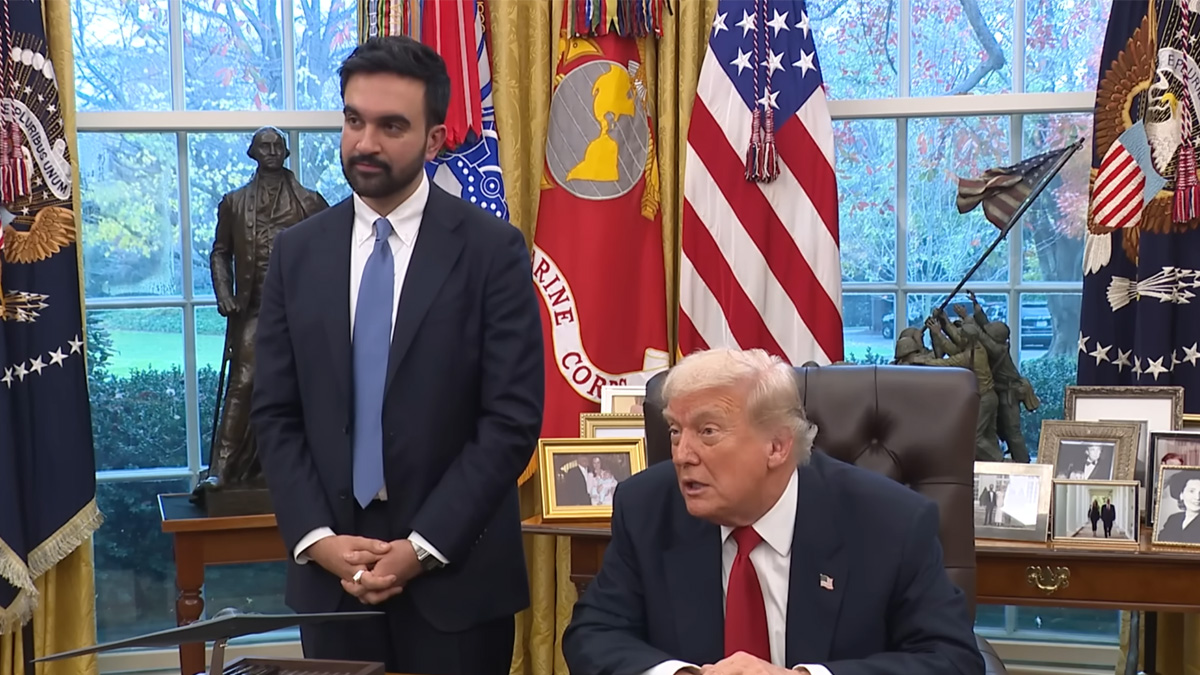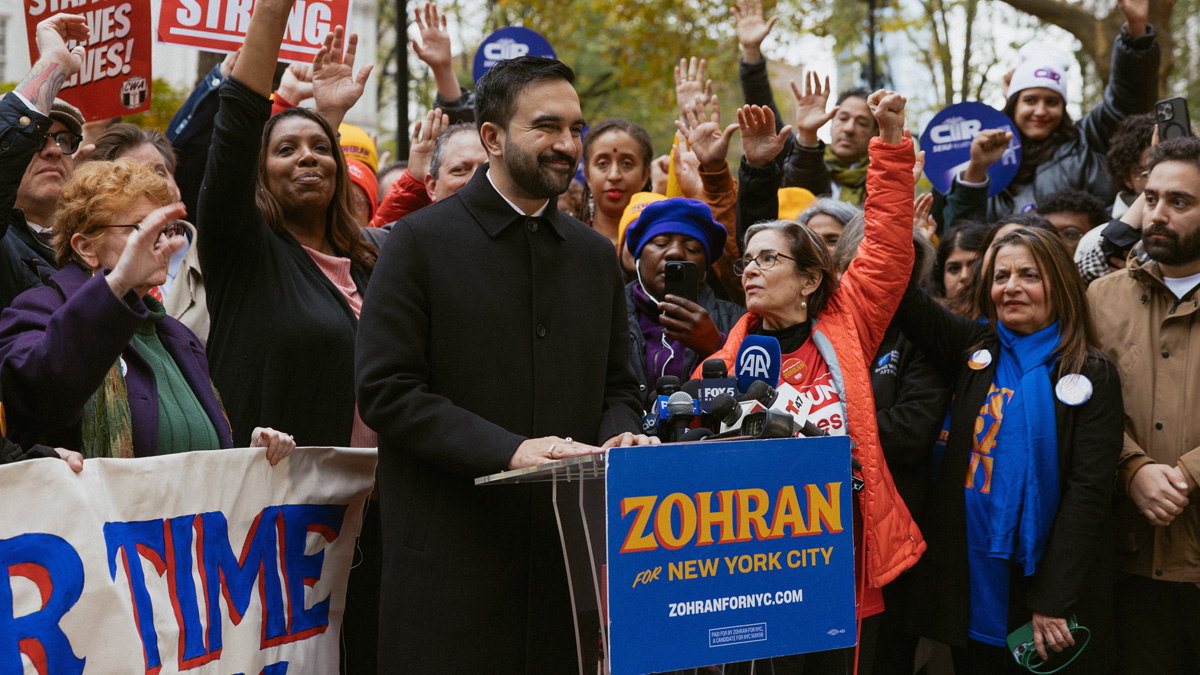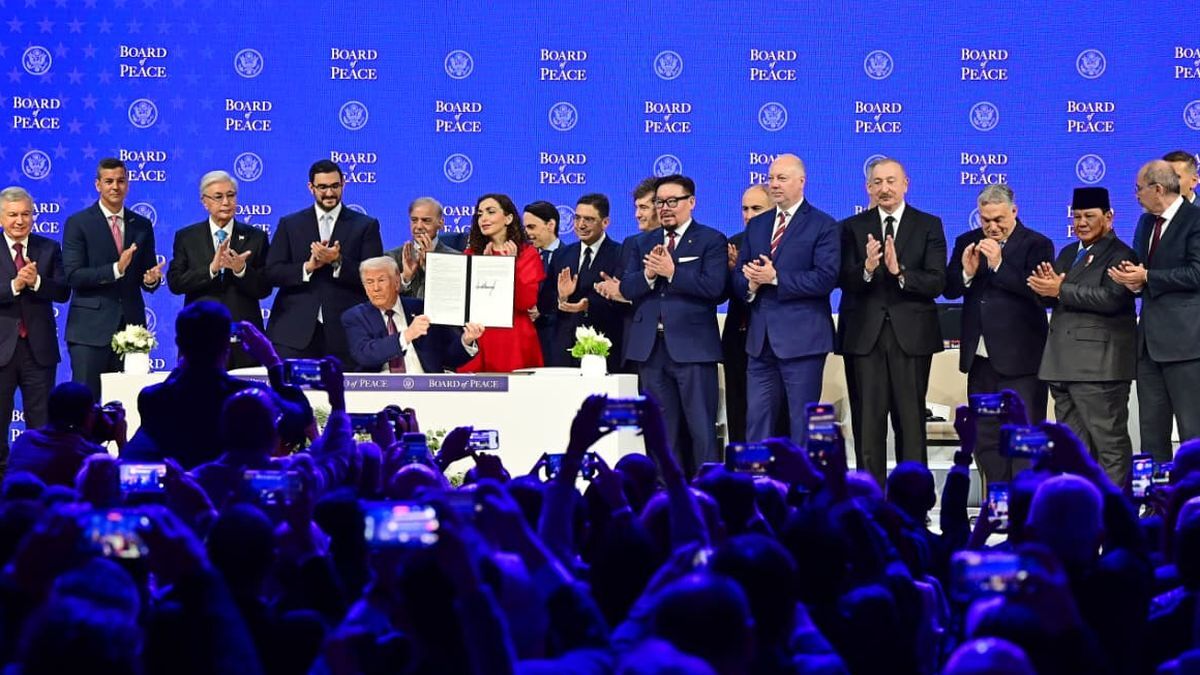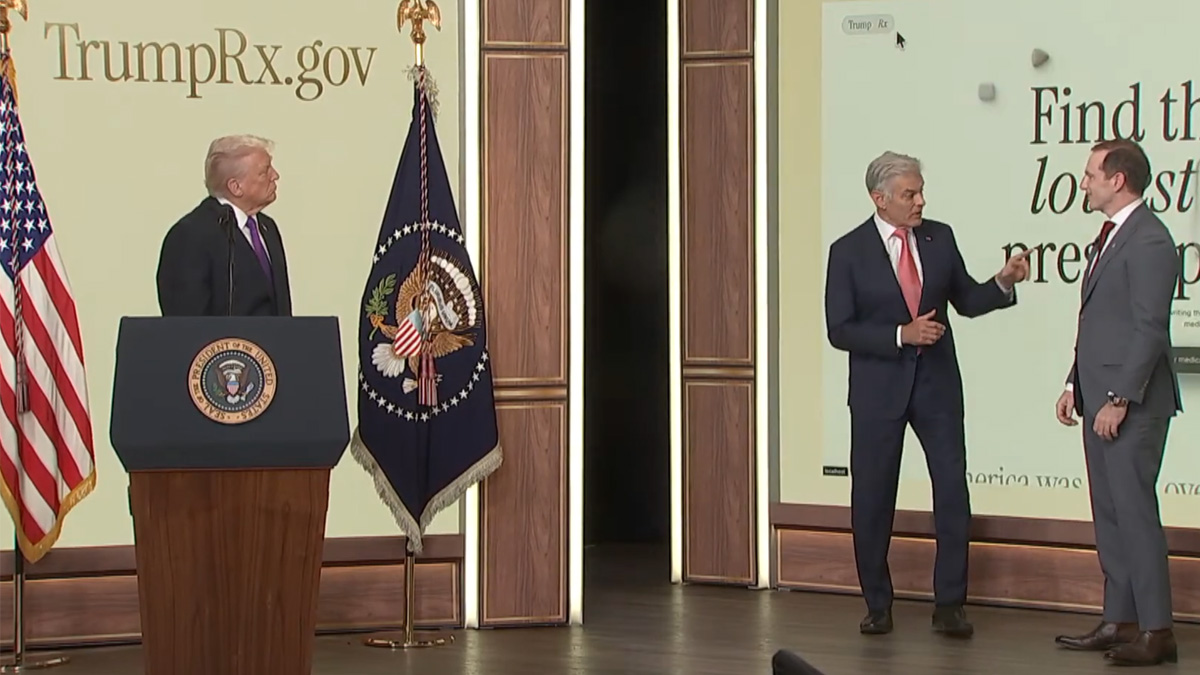Zohran Mamdani wins New York City mayoral race, marking first Muslim mayor in city’s history
Zohran Mamdani’s victory in the New York City mayoral election marks a historic milestone as he becomes the first Muslim to lead America’s largest city. The outcome, alongside key Democratic wins in Virginia and New Jersey, offers a glimpse into the party’s strategic divides before the 2026 midterms.
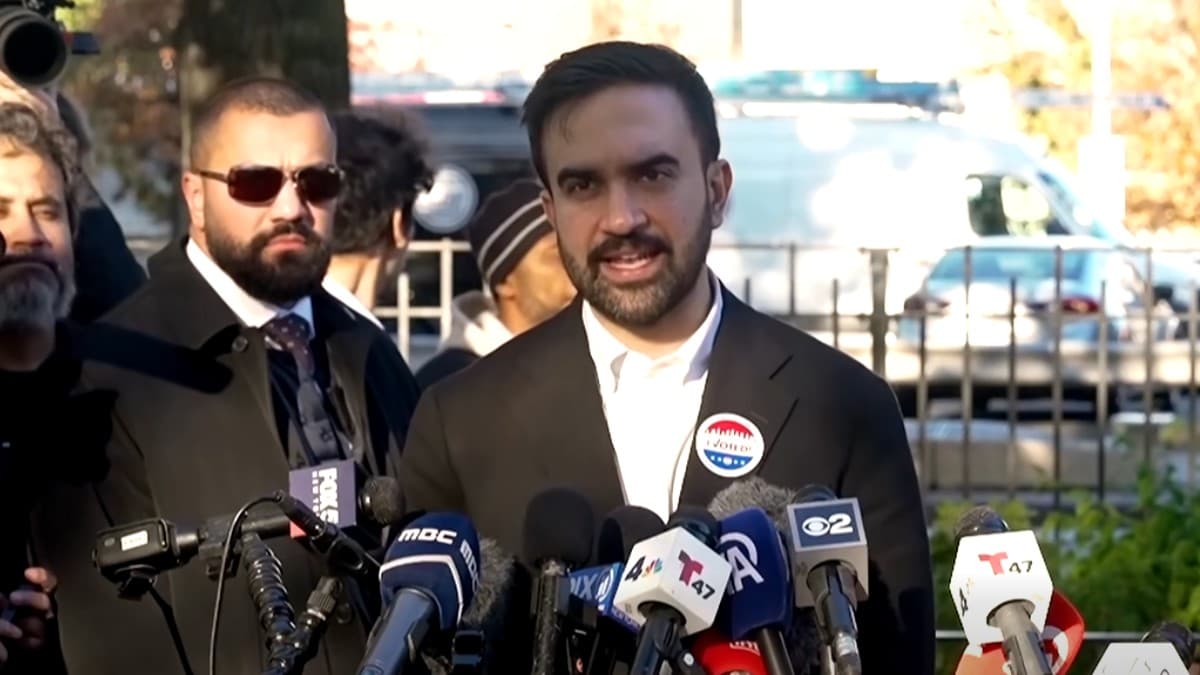
- Zohran Mamdani, 34, has been elected as New York City’s first Muslim mayor, defeating former Governor Andrew Cuomo.
- The elections in New York, Virginia, and New Jersey signal varying strategies within the Democratic Party ahead of the 2026 midterms.
- Democrats Abigail Spanberger and Mikie Sherrill also secured gubernatorial victories in Virginia and New Jersey respectively.
UNITED STATES: Zohran Mamdani, a 34-year-old democratic socialist, secured a decisive victory in New York City’s mayoral race on 4 November, defeating independent candidate and former Governor Andrew Cuomo. Mamdani’s win makes him the first Muslim to serve as mayor of the city, marking a milestone in its political history.
According to early data from the New York City Board of Elections, over two million votes were cast, the highest turnout in a mayoral race since 1969. Mamdani’s triumph caps his rapid ascent from a relatively unknown state legislator to a nationally recognised progressive voice within the Democratic Party.
The contest was closely watched across the country, with analysts describing it as both an ideological and generational clash within the Democratic movement. Cuomo, 67, had sought to revive his political career through an independent bid after losing the Democratic nomination to Mamdani, but voters ultimately opted for a new direction.
In Virginia, Democrat Abigail Spanberger was elected as the state’s first female governor, defeating Republican Lieutenant Governor Winsome Earle-Sears. Spanberger, a centrist, focused on affordability and bipartisan governance. In her victory address, she declared, “We chose our Commonwealth over chaos,” referring to what she described as the instability under President Donald Trump’s administration.
New Jersey also saw a Democratic win as Mikie Sherrill defeated her Republican rival to become governor. Both Spanberger and Sherrill campaigned on moderate platforms while distancing themselves from the more progressive elements of the party. Their campaigns repeatedly linked their opponents to Trump, whose controversial policies and ongoing federal government shutdown had affected millions of Americans.
Trump’s administration had threatened to dismiss federal employees amid the shutdown, a decision that particularly impacted Virginia’s large public-sector workforce. He also froze billions in funding for New Jersey’s Hudson River tunnel project, further galvanising voter frustration in the region.
In interviews conducted by Reuters at polling stations in Virginia, voters cited immigration policy, tariffs, and the shutdown as top issues. Juan Benitez, a 25-year-old independent voter, said he supported all Democratic candidates in protest against Trump’s immigration measures and the government’s closure.
In California, a separate ballot measure tested whether voters would grant state legislators authority to redraw congressional districts, expanding the nationwide debate on redistricting ahead of the 2026 midterm elections. Trump criticised the proposal online, calling it a “scam” without offering evidence.
Mamdani’s campaign in New York stood out for its progressive policy pledges, including rent freezes for nearly one million apartments and fare-free bus services. His victory speech emphasised social equity, promising to “build a city that works for everyone, not just the wealthy few.”
Political analysts say Tuesday’s results could provide limited insight into the national mood, given the localised nature of the contests. “There’s nothing that’s going to happen in Virginia or New Jersey that will tell us much about what will happen in a congressional district in Missouri or a Senate race in Maine,” said Republican strategist Douglas Heye.
For the Republican Party, the elections were a test of whether the coalition that delivered Trump’s 2024 victory would hold when he was not on the ballot. Candidates in traditionally Democratic states faced a balancing act between appealing to Trump’s base and retaining moderate voters.
A Reuters/Ipsos poll indicated that 57 per cent of Americans currently disapprove of Trump’s job performance. Yet Democrats have not seen a proportional rise in public support, with respondents evenly split on party preference for 2026.
While Mamdani’s win represents a breakthrough for progressives, his tenure will likely be shaped by his ability to navigate the city’s complex political landscape and deliver on ambitious promises amid economic uncertainty.




